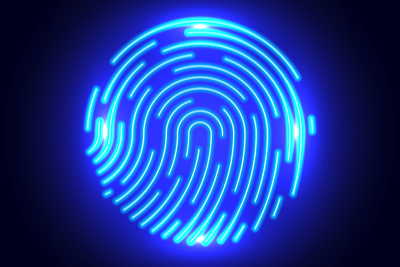
Last week, a coalition of over sixty trade associations and businesses representing almost every business sector authored a joint letter to the California Attorney General requesting that the Attorney General defer enforcement of the CCPA in light of the COVID-19 pandemic. Although the CCPA has been in effect since January 1, 2020, the Attorney General is not set to commence enforcement actions under CCPA until July 1, 2020. The basis for the request to defer enforcement of the CCPA centered on two grounds: (1) the significant challenges associated with implementing compliance with a new law when the majority of businesses are either closed or operating remotely and (2) the lack of final regulations providing critical guidance about interpreting the CCPA from the Attorney General.
Continue Reading CCPA: July 1, 2020 Attorney General Enforcement Start Date Looms Despite COVID-19












